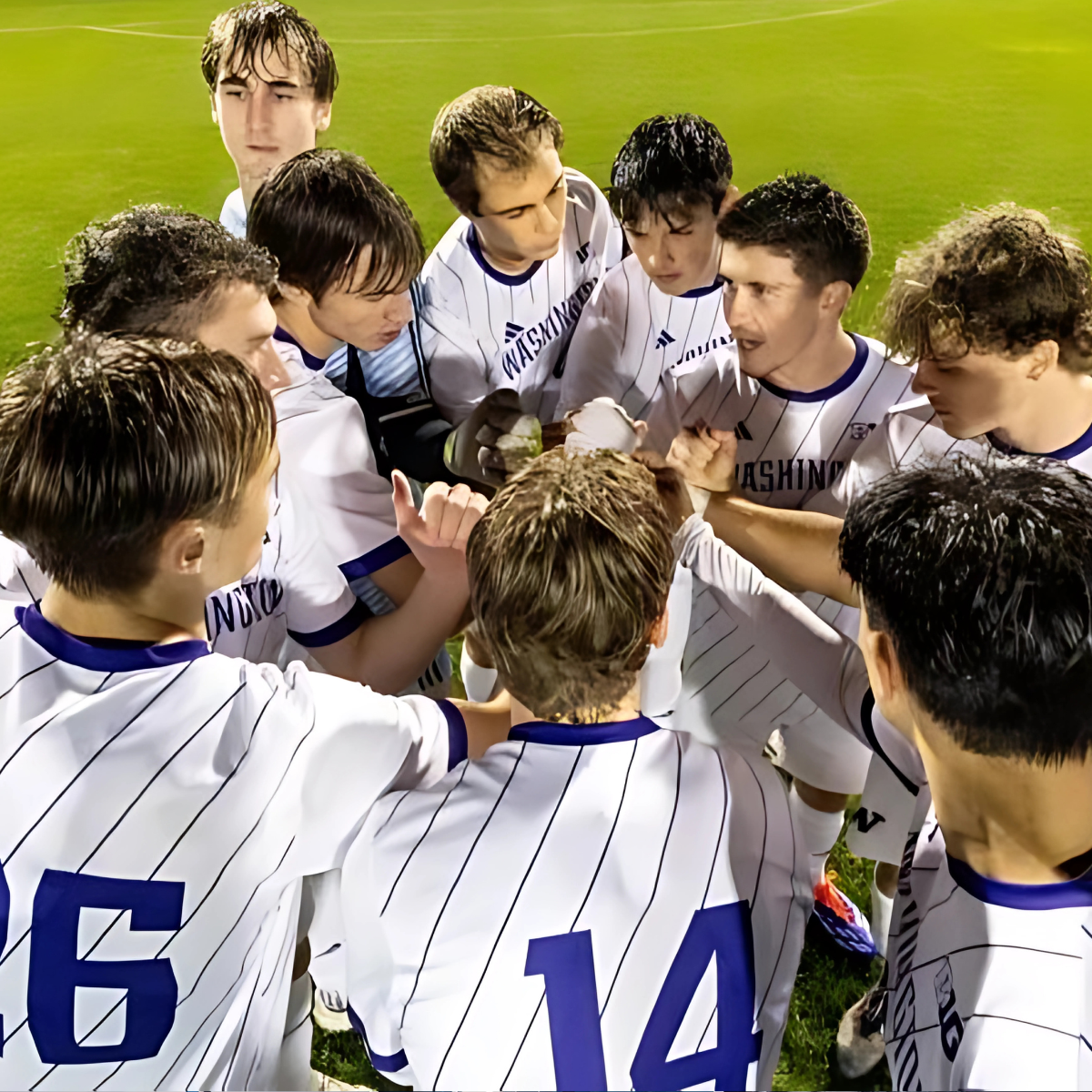Competitive pressure is an inherent part of sports and can significantly impact a young athlete's performance and mental well-being.
As a parent, your support is crucial in helping your child navigate these pressures effectively. Here are several strategies to assist your child in managing competitive pressure while fostering a positive and healthy sporting experience.
1. Encourage Open Communication
Creating an environment where your child feels comfortable discussing their feelings about competition is essential. Regularly check in with them about their experiences, emotions, and any pressures they may be feeling. Open dialogue can help you understand their mindset and provide an opportunity for them to express their concerns. Use conversation starters to guide discussions about their thoughts on competition and performance.
2. Promote Emotional Awareness and Regulation
Teach your child to recognize and manage their emotions, especially during high-pressure situations. Discuss techniques that can help them cope, such as:
- Breathing Exercises: Encourage deep breathing or diaphragmatic breathing to help calm nerves before competitions.
- Mindfulness Practices: Introduce mindfulness techniques that focus on the present moment, which can reduce anxiety and improve concentration.
These strategies can empower your child to handle pressure more effectively, similar to how professional athletes prepare mentally before performances.
3. Focus on Effort Over Outcome
Help your child shift their focus from winning to personal growth and effort. Emphasize that improvement and learning are more important than the final score. Celebrate their hard work and dedication, regardless of the outcome. Phrases like “Do your best” or “We believe in you” can reinforce a positive mindset. Encourage them to set personal goals that prioritize skill development and enjoyment rather than just competition.
REALATED: Ensuring Your Child's Safety While Playing Sports
4. Encourage Diverse Interests
If your child is overly focused on one sport, encourage them to explore other interests or hobbies. Engaging in different activities can provide mental breaks from the pressures of their primary sport and help them build resilience. Participation in other sports or creative outlets can also enhance their overall athletic skills and reduce the stress associated with competition.
5. Teach Positive Self-Talk
Help your child develop a positive inner dialogue to counteract negative thoughts that may arise during competition. Teach them to recognize unhelpful thoughts like “I’m not good enough” and replace them with affirmations such as “I have prepared for this” or “I can handle this challenge.” Writing down positive affirmations on index cards can serve as a helpful reminder for them to focus on their strengths.
6. Model Healthy Responses to Pressure
Children often look to their parents for cues on how to handle stress and pressure. Model healthy responses by demonstrating how you manage your own stress. Share your experiences with competition, whether in sports or other areas of life, and discuss how you cope with pressure. Your behavior can serve as a powerful example for your child.
RELATED: What are the costs associated with high school sports participation?
7. Limit External Pressure
Be mindful of the pressure you may inadvertently place on your child. Avoid comparing them to other athletes or expressing disappointment in their performance. Instead, focus on providing unconditional support and encouragement. Remind them that your love and pride are not contingent on their athletic success.
8. Recognize Signs of Burnout
Be aware of signs that your child may be experiencing burnout, such as a loss of interest in the sport, chronic fatigue, or increased irritability. If you notice these signs, consider discussing a break from the sport or reducing their training load. Ensuring that your child maintains a healthy balance between sports and other aspects of life is essential for their long-term enjoyment and success.
Helping your child deal with competitive pressure involves fostering open communication, promoting emotional awareness, and encouraging a focus on effort and personal growth.
By teaching them coping strategies, modeling healthy behaviors, and providing unconditional support, you can empower your child to navigate the challenges of competition with confidence and resilience. Ultimately, the goal is to ensure that your child enjoys their athletic journey while developing valuable life skills that extend beyond the playing field.







%20(1200%20%C3%97%20232%20px)%20(9).png)









.png)

